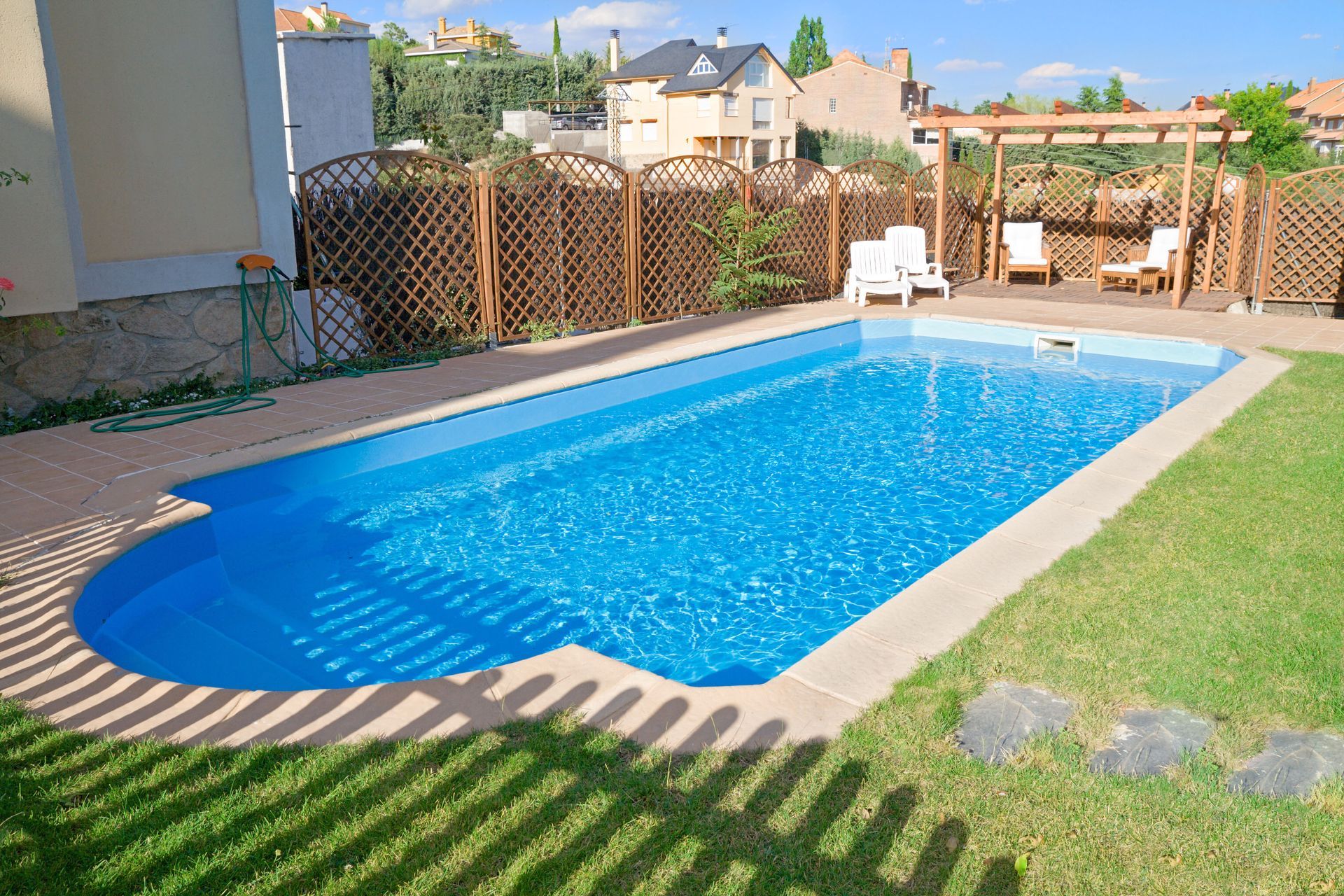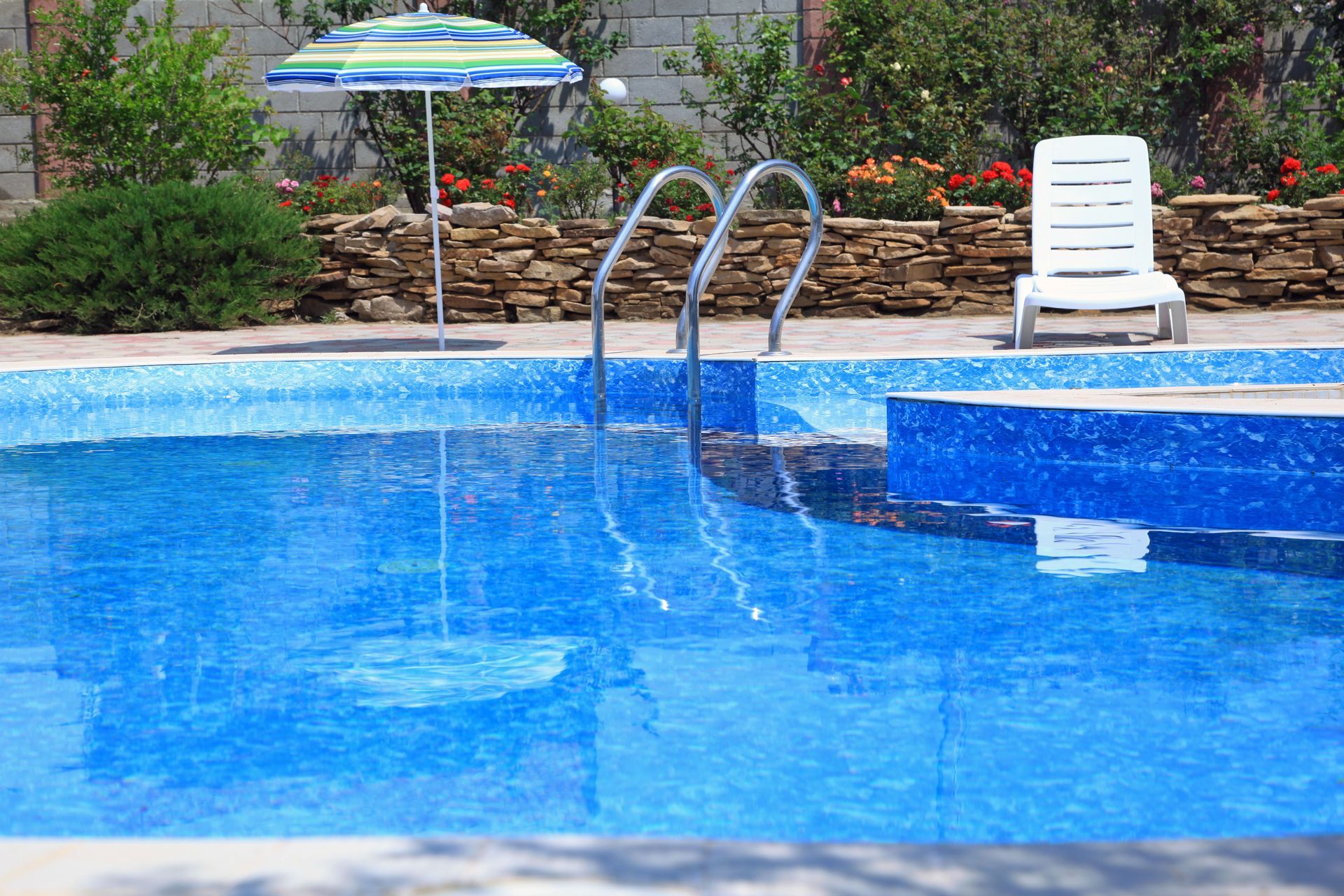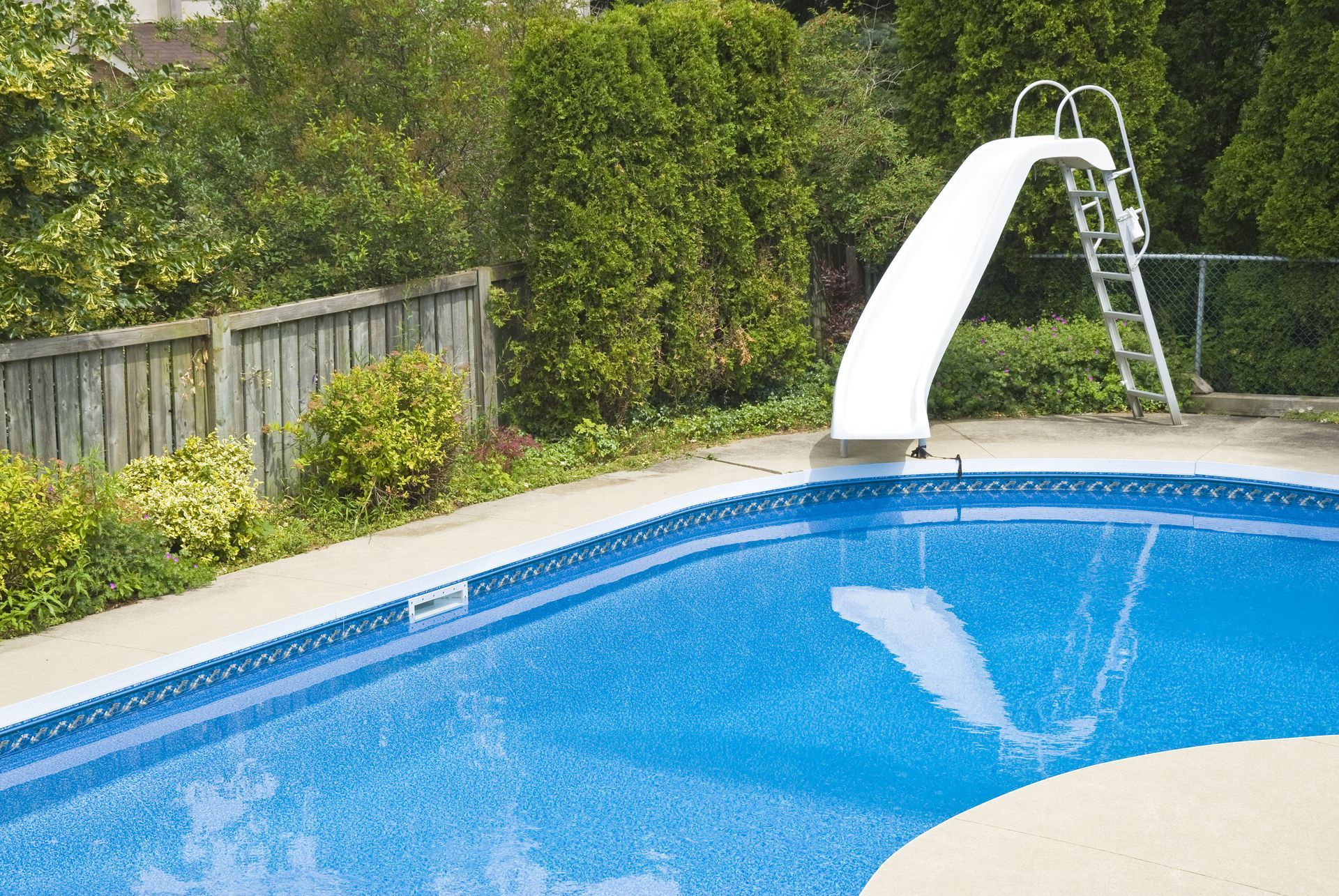The Dangers of Not Maintaining Your Inground Pool
Inground pools are a fantastic addition to any home, providing a source of relaxation, exercise, and fun. However, owning a pool comes with its fair share of responsibilities. Proper maintenance is crucial to ensure the safety, longevity, and enjoyment of your pool. Neglecting this upkeep can lead to a host of problems that can be both costly and hazardous, regardless of how well the initial inground pool installation was done.
Algae and Bacteria Growth
One of the most immediate dangers of not maintaining your inground pool is the rapid growth of algae and bacteria. When a pool is not regularly cleaned and chemically balanced, it creates an ideal environment for these harmful microorganisms to thrive. Algae can make the pool water cloudy and slimy, making it uninviting and unsafe for swimming. Bacteria, on the other hand, pose serious health risks, such as skin infections and gastrointestinal illnesses. The longer these organisms are allowed to thrive, the more difficult and expensive they become to eliminate.
Costly Structural Damage
Ignoring routine maintenance can also lead to costly structural damage. An unbalanced chemical composition can cause corrosion and staining on the pool's surfaces, weakening the overall structure. Furthermore, improper winterization can lead to the freezing and cracking of the pool's plumbing and equipment. The costs associated with repairing these damages are often far greater than the expense of regular maintenance. Over time, neglecting these aspects of upkeep may even lead to full pool resurfacing, which is both time-consuming and expensive. Whether you’ve recently completed an inground pool installation or have had your pool for years, ongoing care is essential to avoid these major repairs.
Water Conservation and Efficiency
Another often-overlooked aspect of pool maintenance is water conservation. According to the EPA, using a pool cover can prevent up to 95% of pool water evaporation. Failing to cover your pool not only leads to higher water bills but contributes to significant water waste. Environmental concerns aside, maintaining proper water levels is essential for the efficient operation of pool filters and pumps, which are crucial for keeping the pool clean and safe. Without adequate water levels, your pool’s filtration system may run inefficiently, leading to more frequent breakdowns. Properly managing water usage also reduces your environmental footprint, making pool ownership more sustainable.
The dangers of not maintaining your inground pool are numerous and varied, ranging from health risks to financial burdens. Regular cleaning, chemical balancing, and proper winterization are essential practices for any pool owner. By investing time and effort into routine maintenance, you can ensure that your pool remains a safe, enjoyable, and long-lasting feature of your home. Call DRS Pools & Spa to learn more about inground pool installation and maintenance today!
VISIT US
HOURS
HOURS
CONTACT US
- Main: (248) 221-2355
- Alternate: (248) 572-4826
- Mobile: (248) 572-4826



